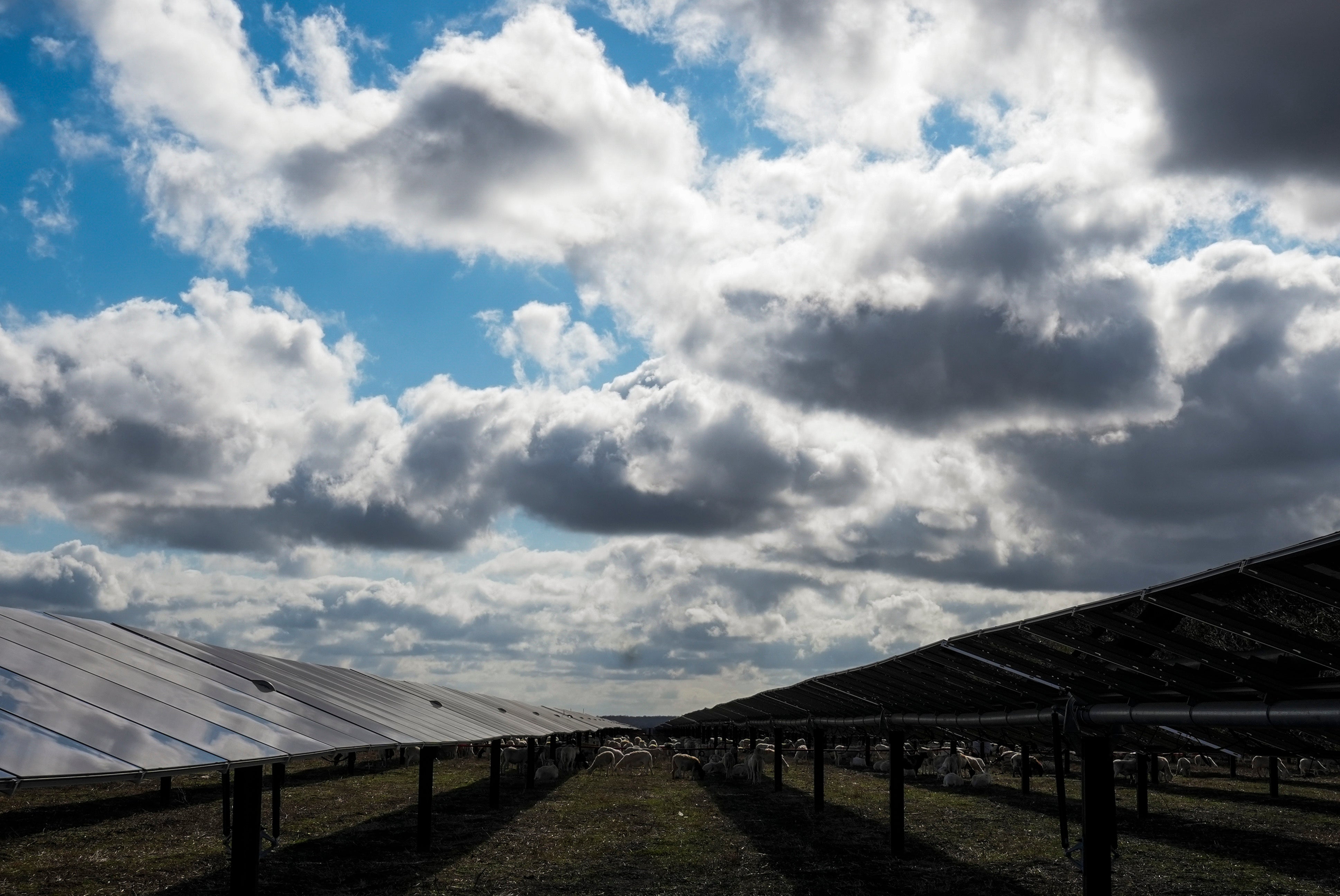Biden administration finalizes clean electricity tax credits, says Trump should keep in place
Biden administration officials say new tax credits are available for companies that generate clean electricity and it would be a mistake for President-elect Donald Trump to try to undo them

Your support helps us to tell the story
From reproductive rights to climate change to Big Tech, The Independent is on the ground when the story is developing. Whether it's investigating the financials of Elon Musk's pro-Trump PAC or producing our latest documentary, 'The A Word', which shines a light on the American women fighting for reproductive rights, we know how important it is to parse out the facts from the messaging.
At such a critical moment in US history, we need reporters on the ground. Your donation allows us to keep sending journalists to speak to both sides of the story.
The Independent is trusted by Americans across the entire political spectrum. And unlike many other quality news outlets, we choose not to lock Americans out of our reporting and analysis with paywalls. We believe quality journalism should be available to everyone, paid for by those who can afford it.
Your support makes all the difference.New tax credits are available for companies that generate clean electricity, the Biden administration announced Tuesday, while arguing it would be a mistake for President-elect Donald Trump to try to undo them.
The Treasury Department and the Internal Revenue Service released final rules for the clean electricity investment and production tax credits, less than two weeks before Trump is inaugurated. The credits are among roughly two dozen tax provisions in the Inflation Reduction Act,passed in 2022 with only Democrat support. The credits are designed to save families money on their energy bills and accelerate the deployment of clean energy, electric vehicles, energy efficient buildings and low-carbon manufacturing.
The U.S. currently gets more than 40% of its power from clean energy sources like solar, wind, hydropower and nuclear.
The centerpiece of Trump's energy policy is “drill, baby, drill," and he has pledged to dismantle what he calls Democrats’ “green new scam” in favor of boosting production of fossil fuels such as oil, natural gas and coal, which cause climate change when they are burned and greenhouse gases are released. Trump has vowed to end subsidies for wind power that were included in the landmark 2022 climate law.
Demand for electricity has accelerated over the past few years in part due to artificial intelligence powered by data centers, electric vehicles and newly built manufacturing facilities. Last year, 60 gigawatts of clean electricity and energy storage like giant batteries were added to the grid, which Energy Deputy Secretary David Turk said was roughly equivalent to adding 30 Hoover Dams in just 12 months.
Turk and Treasury Deputy Secretary Wally Adeyemo praised the benefits of the credits Monday in a call with reporters, saying they'll create jobs, help meet rising demands for electricity, save Americans billions on electricity bills and help new zero-emissions technologies develop over time. Adeyemo said the policies are an “energy moonshot,” rewarding innovation and innovative technologies developed in the United States to drive energy costs down and create jobs.
The climate law is expected to reduce U.S. emissions by about 40% by 2030, if it unfolds as planned in the coming years. Along with provisions in the Bipartisan Infrastructure Law, the climate law could save ratepayers up to $38 billion on electricity bills through 2030, according to a DOE analysis.
“The U.S. is undergoing a manufacturing resurgence with over 900 new clean energy and transportation manufacturing facilities announced since the passage of the IRA,” said James Hewett, senior manager of U.S. policy and advocacy at Breakthrough Energy, an organization that supports the uptake of clean energy.
But if clean energy incentives are rolled back, Adeyemo said, the nation will be left behind in the global movement to transition away from traditional fossil fuel energy sources, with American consumers paying the price.
“Lower electricity bills for American families should be a priority over the extension of tax breaks for the wealthiest taxpayers,” Adeyemo said.
Turk said the credits are durable in part because many businesses helped shape the policies by commenting on the proposed rules. Projects that will qualify for the new clean electricity credits, known as 45Y and 48E, are new or expanded power facilities that begin generating electricity after Dec. 31, 2024. Tax benefits can be claimed for the first 10 years of electricity production and the business community wants that policy certainty to make investments, Turk added.
Business leaders "will be pushing back, I think strongly, against anything that takes away that investment pathway going forward,” he said.
___
The Associated Press’ climate and environmental coverage receives financial support from multiple private foundations. AP is solely responsible for all content. Find AP’s standards for working with philanthropies, a list of supporters and funded coverage areas at AP.org.